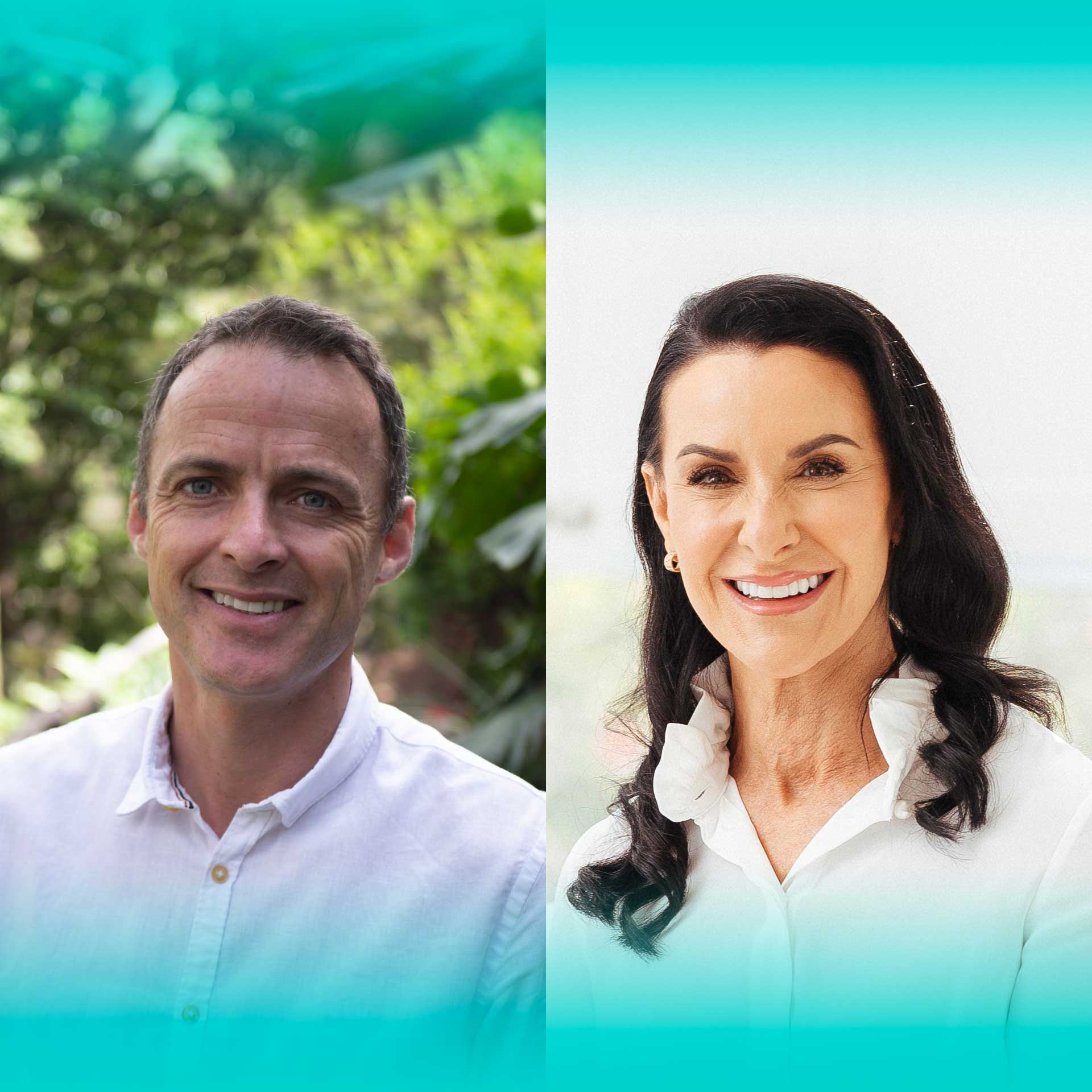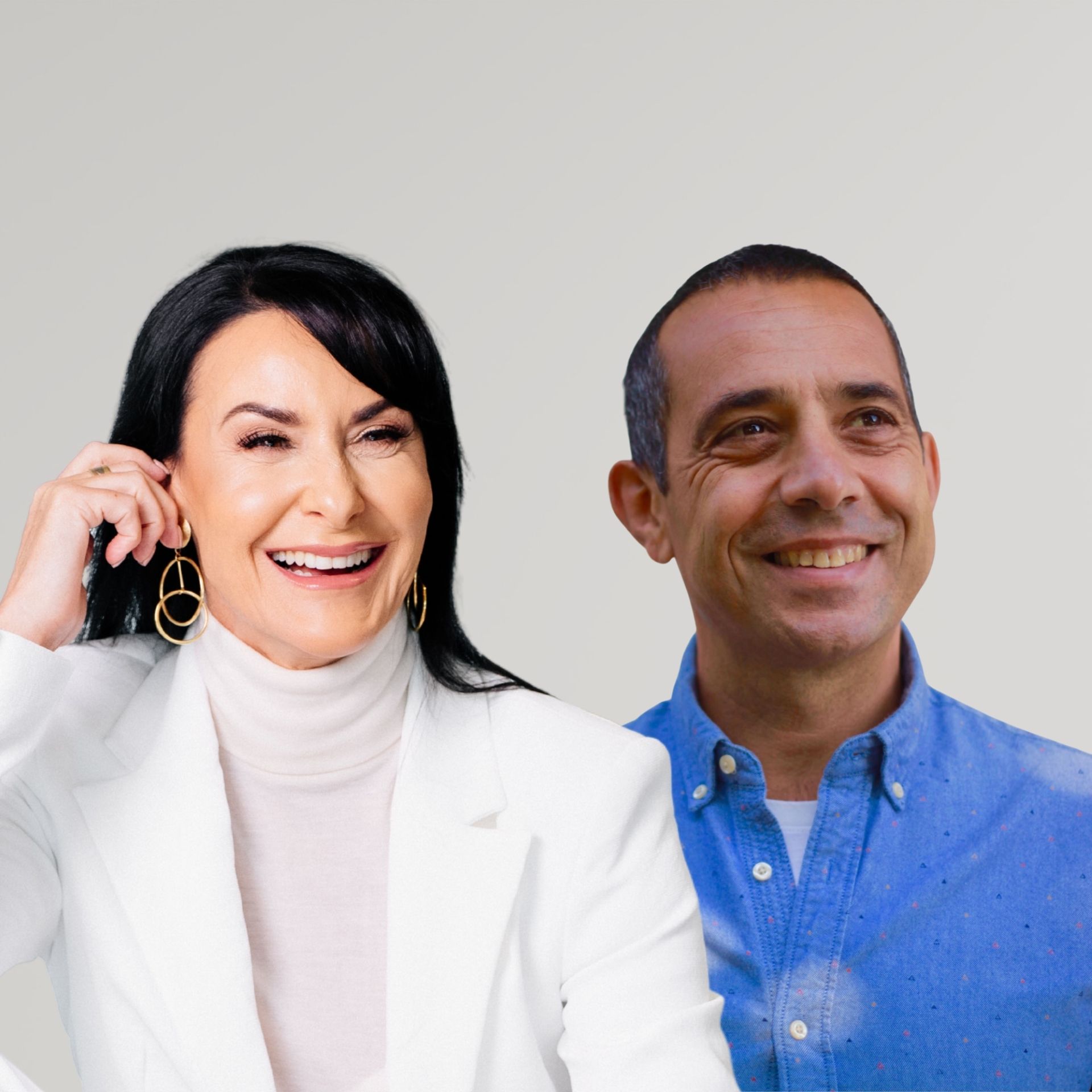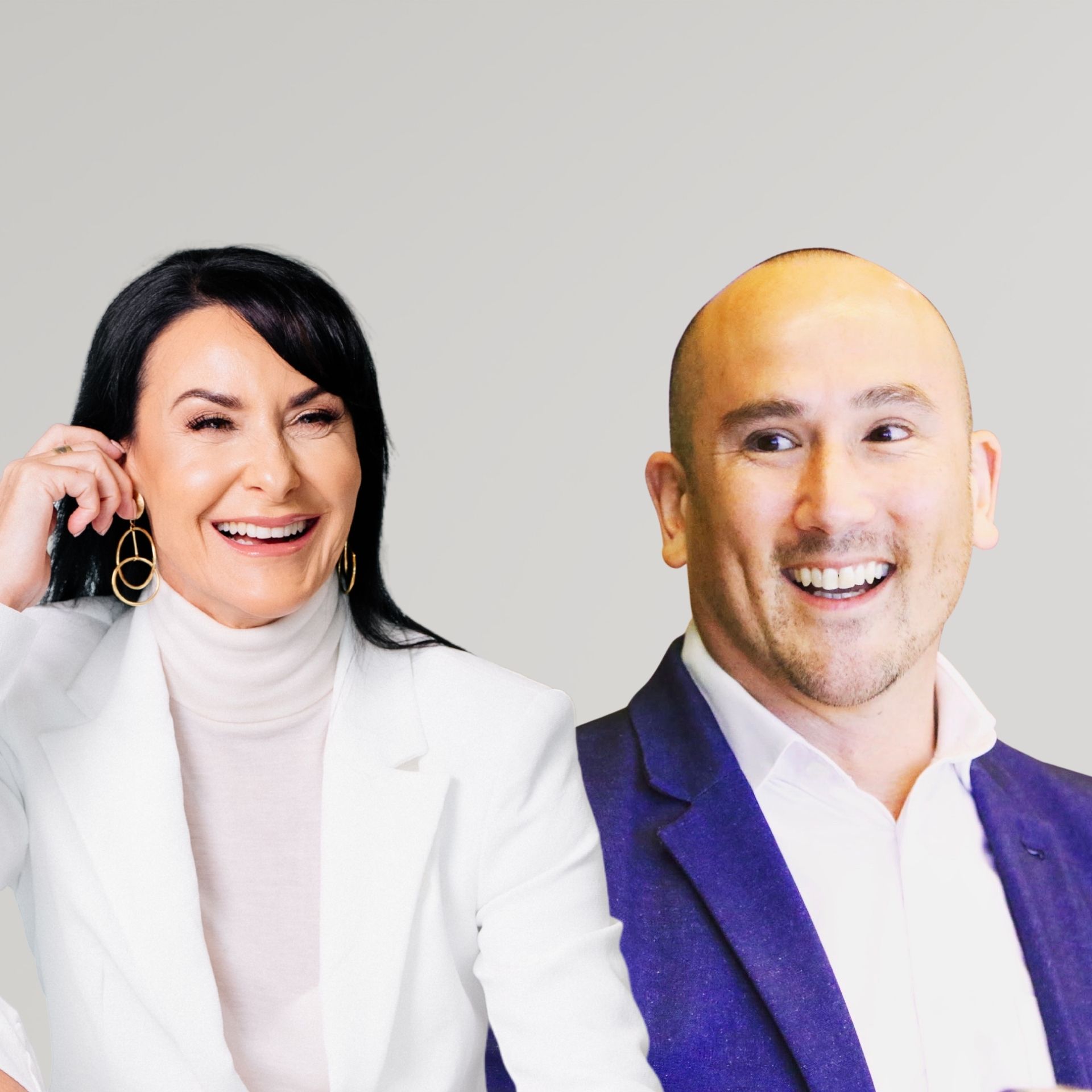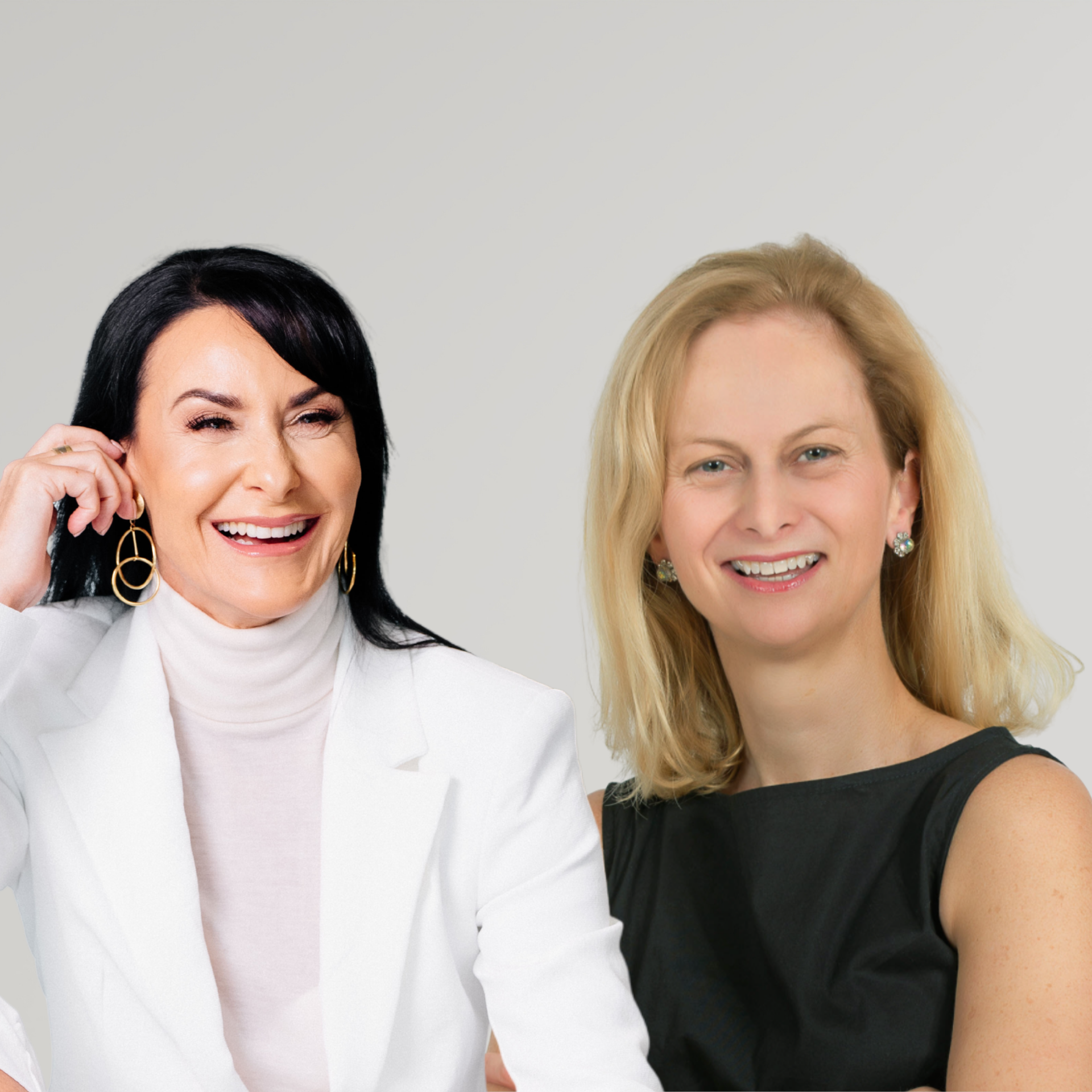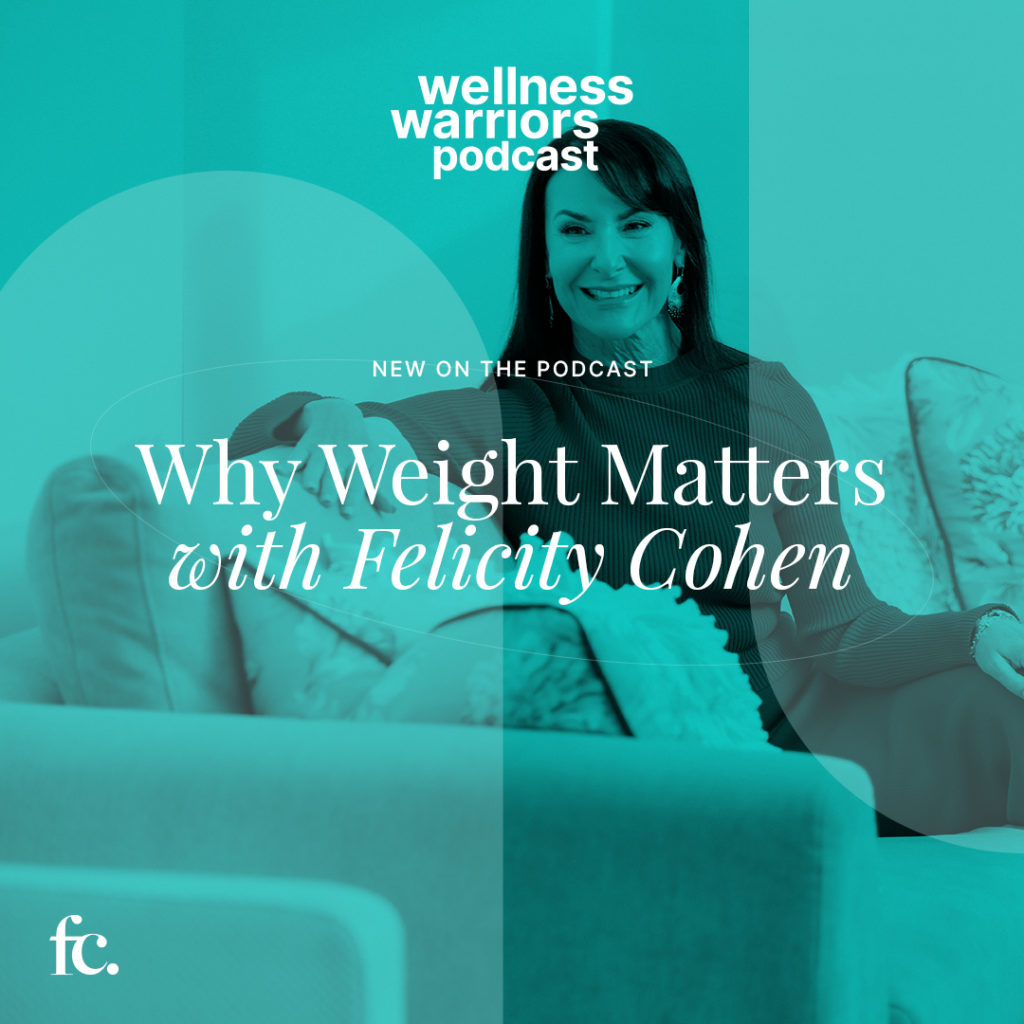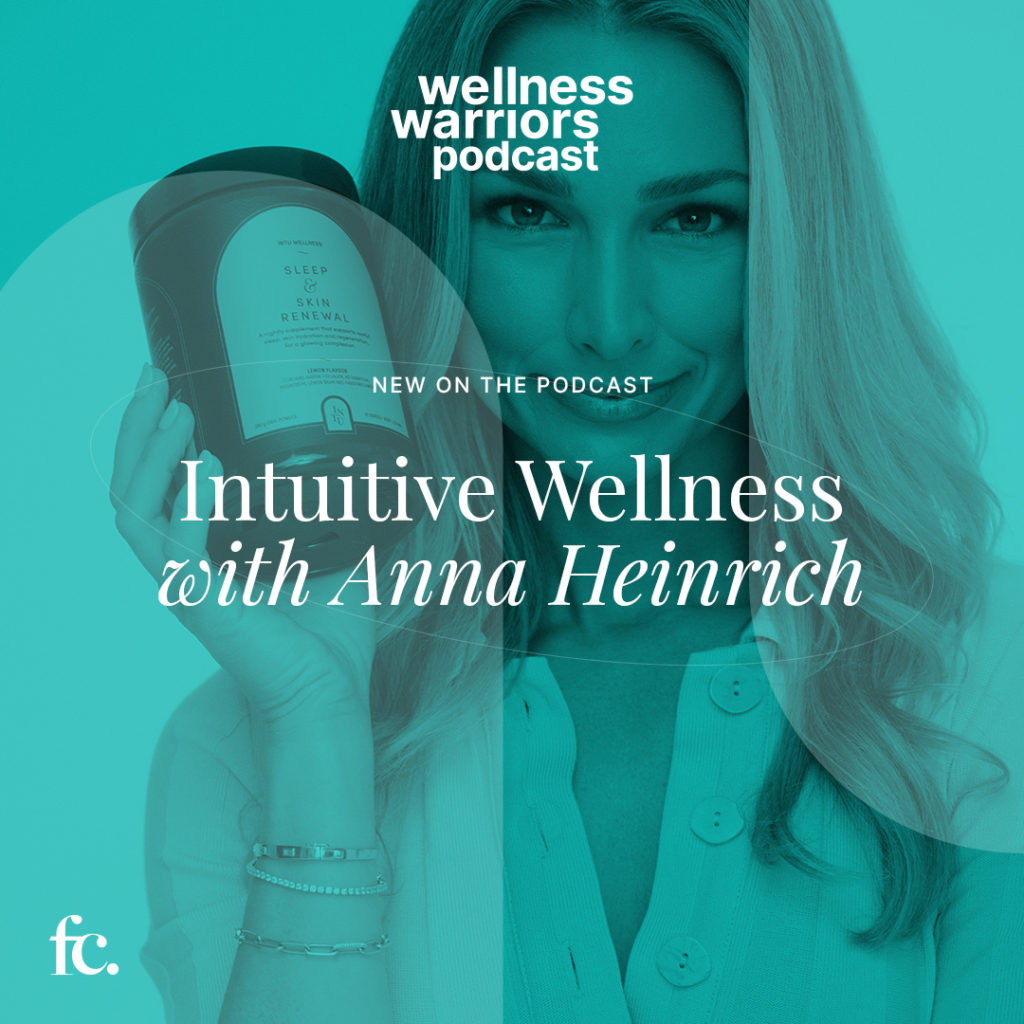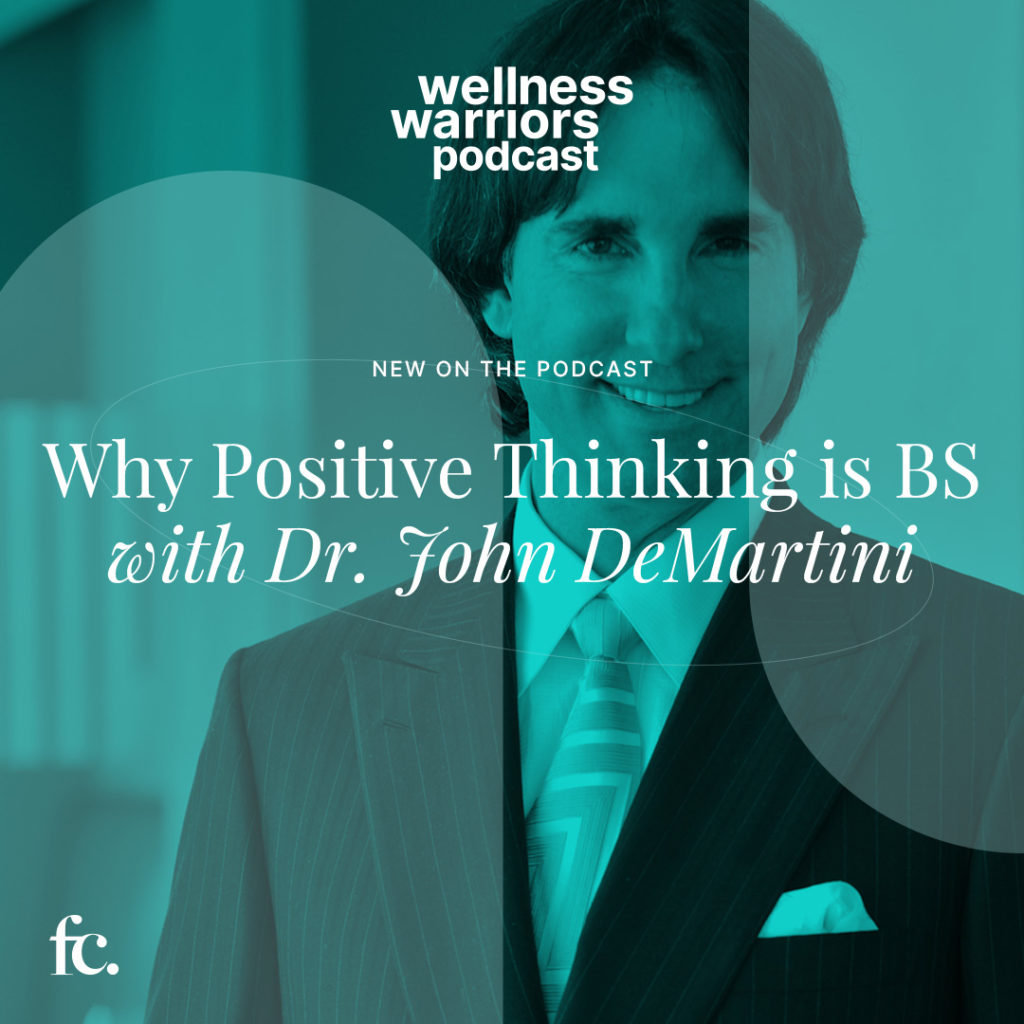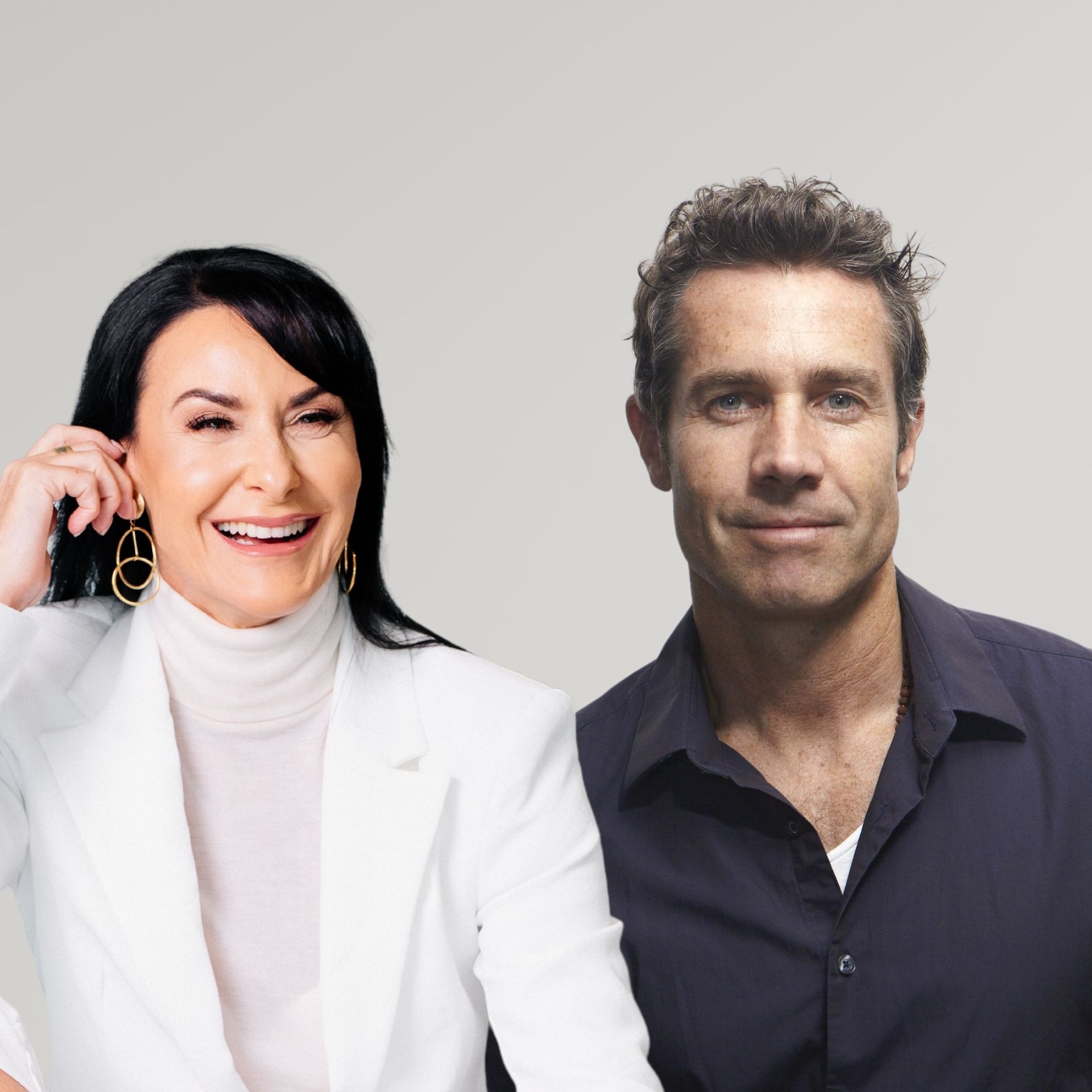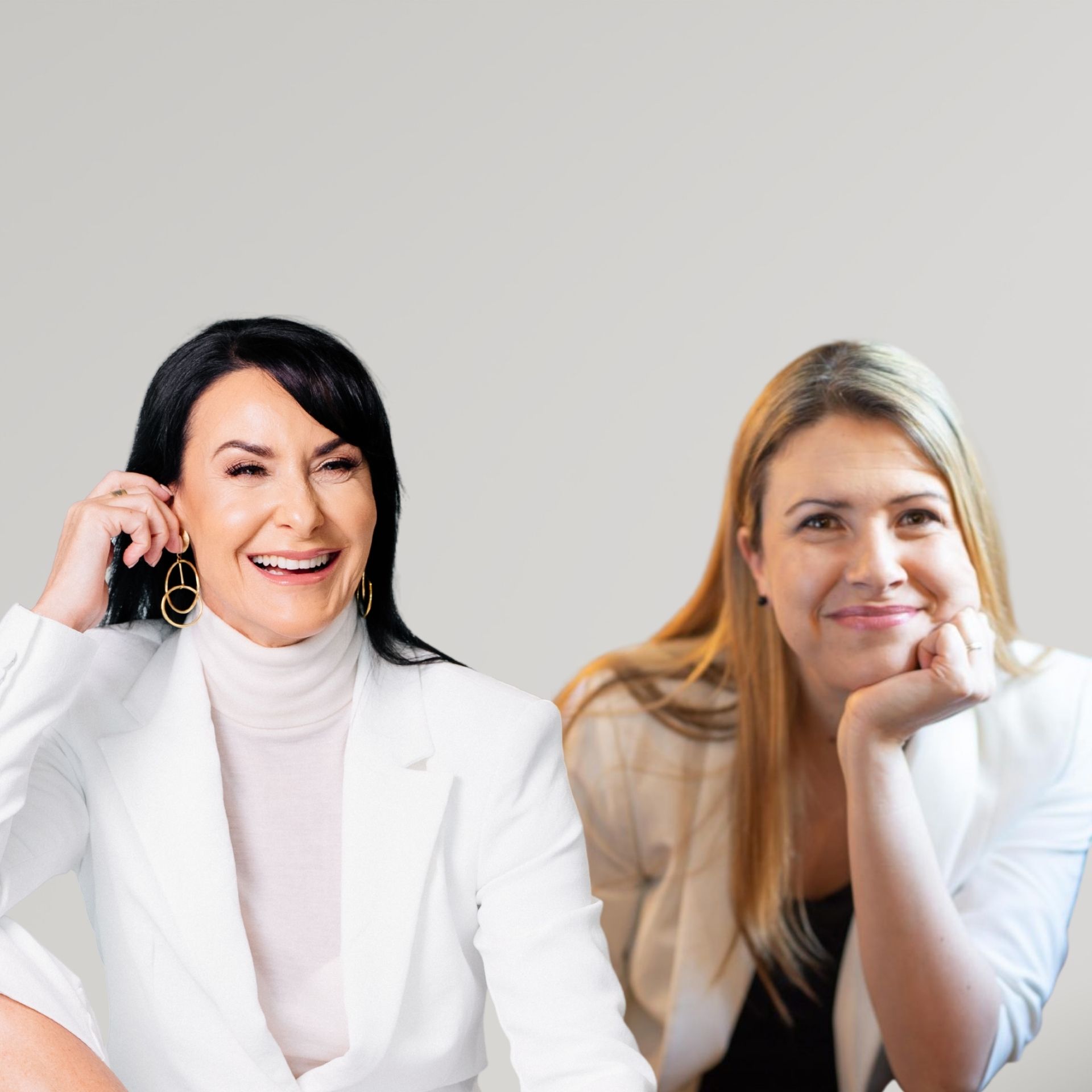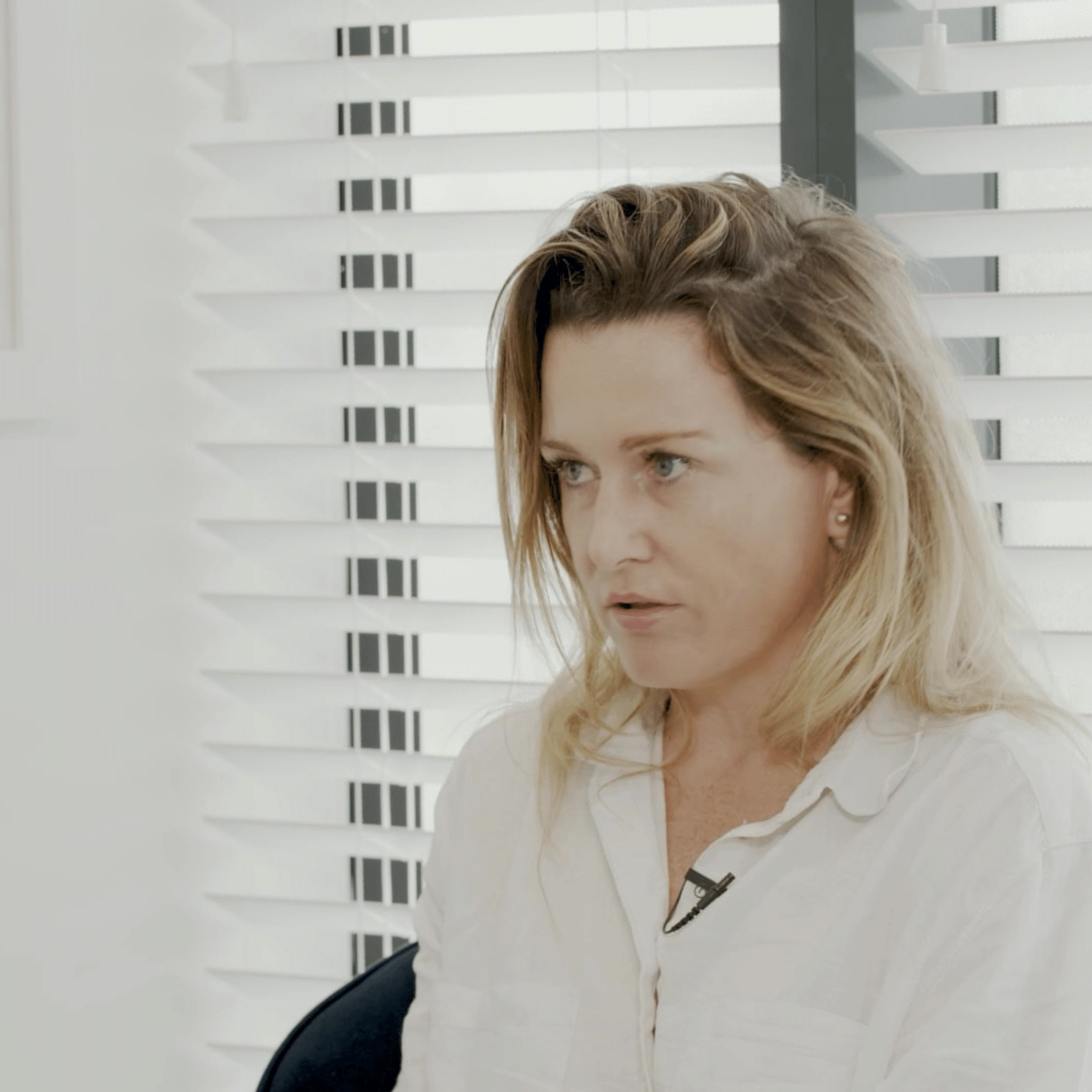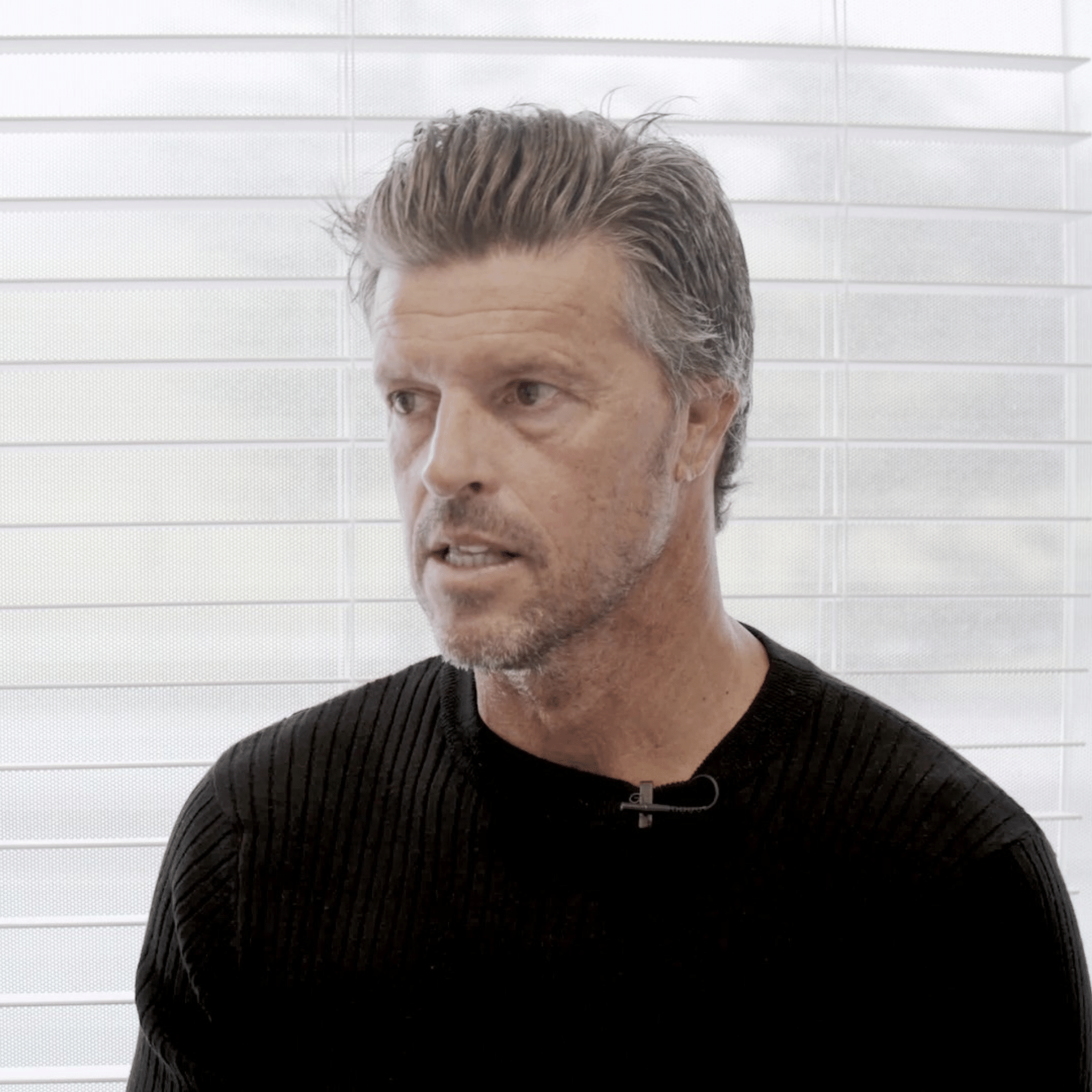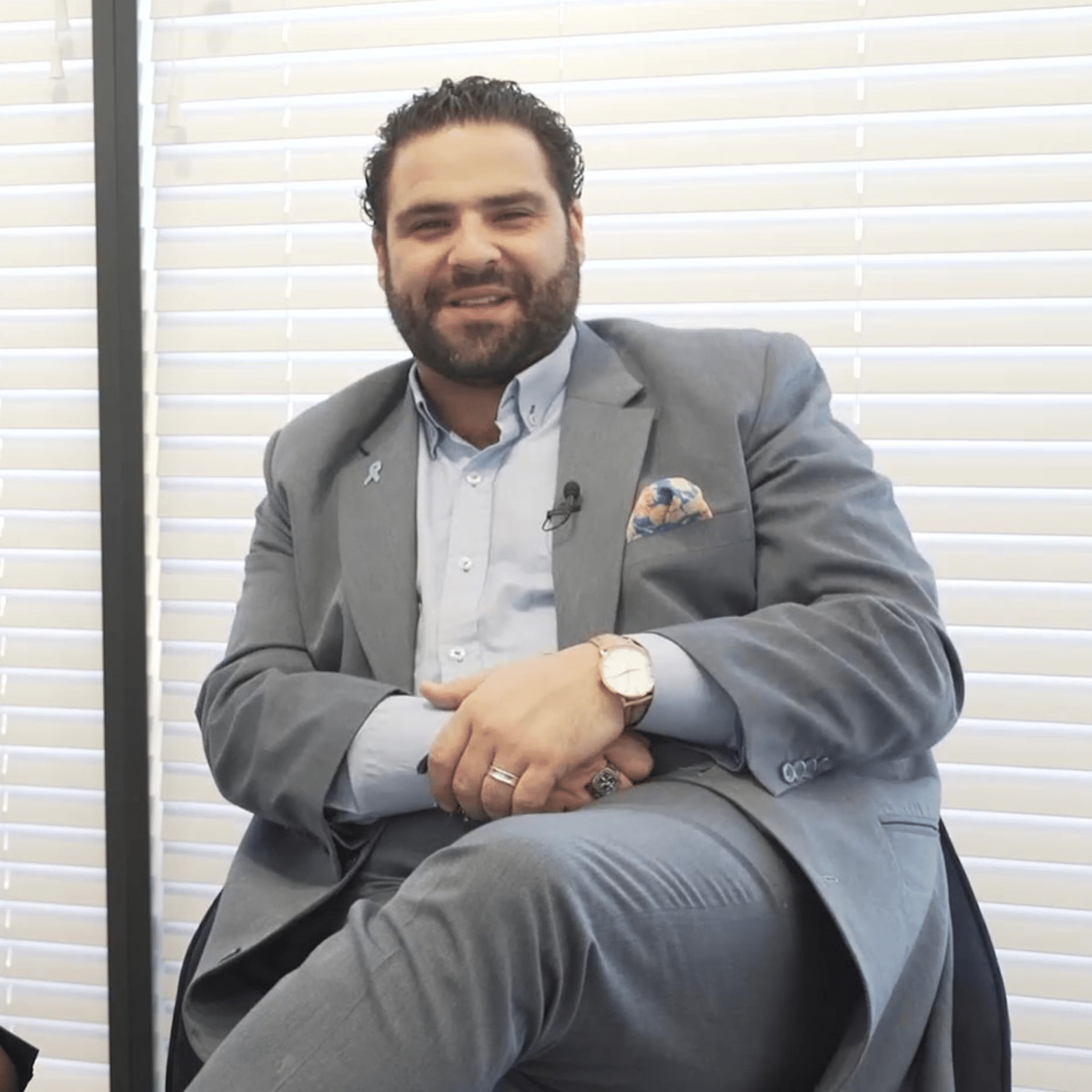Alan shares his journey towards discovering the importance of presence and how that collates with life, work and living in a pandemic, and discover the depth of connection we can feel through everything around us that allows for a more fulfilling and enriched life.
Continue readingEP48: Overcome Burnt-Out State With High-Performance Coach Melo Calarco.
Melo Calarco is a certified mindfulness facilitator and performance coach with over 25 years of experience. Through his work that is based on neuroscience, mindfulness, human behaviour and other unique approaches, Melo continues to transform many lives back to self-awareness, clarity, focus, success, and ultimately wellness of the mind.
In this episode, Melo takes us on his evolution and shares what he’d learned along the journey. The valuable messages are simple, yet transformative. This conversation will get you to connect back to your journey and mindfully evaluate the simple things in order to perform at your best and overcome the burnt-out state as we go through the treadmill of life.
EP42: The Fragility of Mental Health & How Embracing Vulnerability Is A Strength
Adam has experienced many highs and lows to arrive at this point where he can now share his experiences with the world to help with their own mental health issues through vulnerability, support, and hard work. This episode is a powerful, open, and emotional conversation that looks into the life of someone suffering from mental illness. Adam shares his ongoing journey to achieve ultimate balance, confidence, and happiness, how he got here, and where plans to go next.
Continue readingEP41: Tapping (EFT) To Transform The State Of Wellbeing
EP40: Enter The Portal Into Stillness With Tom Cronin
Tom dives deep into the meditation practice, sharing the tremendous amount of benefits it has on our being. He sees how meditation not only improve his own life but of those around him. His aim is to help bring people back to stillness and peace through his current work.
Continue readingEP37: Reforming Parent-Child Connection & Growth through Compassion with Heidi Rogers
EP23: Why We Must Sleep Better with Baby Whisperer Elaine Harvey
Elaine Harvey is a Pediatric Sleep Consultant who has been helping parents find their own parenting power. Since establishing Lullababy SOS, Elaine have worked with over 10,000 families, both in Australia and globally, helping mums and dads with all things baby and toddler related with a particular focus on sleep, settling and routine.
Continue readingEP20: Athlete Turned Bariatric Psychologist On Resilience & Willingness
Warren Artz has experienced many physical and mental setbacks growing up, from being born deaf and two broken legs due to a car accident. He was able to overcome being perceived as somebody who was different and pushed past those boundaries, eventually playing top-level soccer around the world. It’s from his own personal experiences that he has become the remarkable psychologist he is today, approaching treatment to patients through psychoeducation.
Continue readingEP7: Andrew Morello on Health & Wealth – A Celebrity’s Journey through Entrepreneurship, Weight Loss & More
In this episode, I sat down with Andrew Morello, winner of the first Apprentice Australia, to talk about his own experience with weight loss, as well as the incredible work he does as the Head of Business Development at The Entourage, Australia’s largest training institution for entrepreneurs and business owners.
Continue reading
